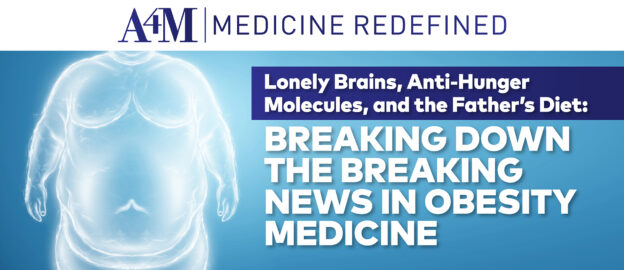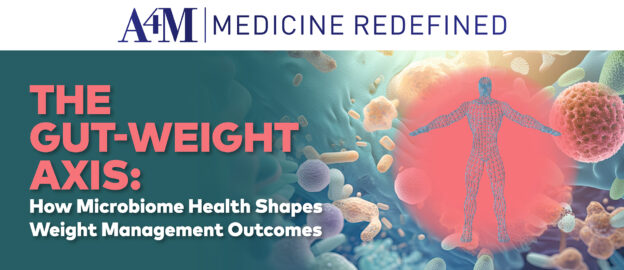Earlier this month, the first class of pioneering soon-to-be weight management experts gathered for the inaugural Clinical Weight Management Certification Program in Scottsdale, Arizona. This immersive experience was filled with insightful lectures, thought-provoking discussions, and engaging collaborative learning opportunities that left participants empowered and equipped with the critical knowledge and skills needed to navigate the complex weight management landscape. Amid the current obesity epidemic and craze surrounding Ozempic and similar “miracle” weight loss drugs, acquiring expertise in this field has become increasingly vital for healthcare providers across disciplines.
Renowned faculty members took the stage — including specialty leaders Ben Gonzaléz, MD, Gordon Crozier, DO, and James LaValle, RPh, CCN, MT — sharing their wealth of knowledge and presenting a practical, integrative approach to weight management. Drawing from their extensive experience as leaders in the functional and integrative weight management revolution, they provided attendees with easily applicable tools and protocols designed to achieve sustainable, long-term results for their patients.
Newly minted certification holders raved about the Clinical Weight Management Certification Program, citing its timeliness, relevance, esteemed faculty, and comprehensive scope as the primary reasons for their satisfaction. They praised the course’s ability to bridge the gap between the latest research and clinical application, providing a solid foundation for success in the ever-evolving field of weight management.
For those unable to attend, we’re delighted to offer a sneak peek into the transformative education this certification provides — before its second iteration occurs October 24-25 in Boston, MA.



